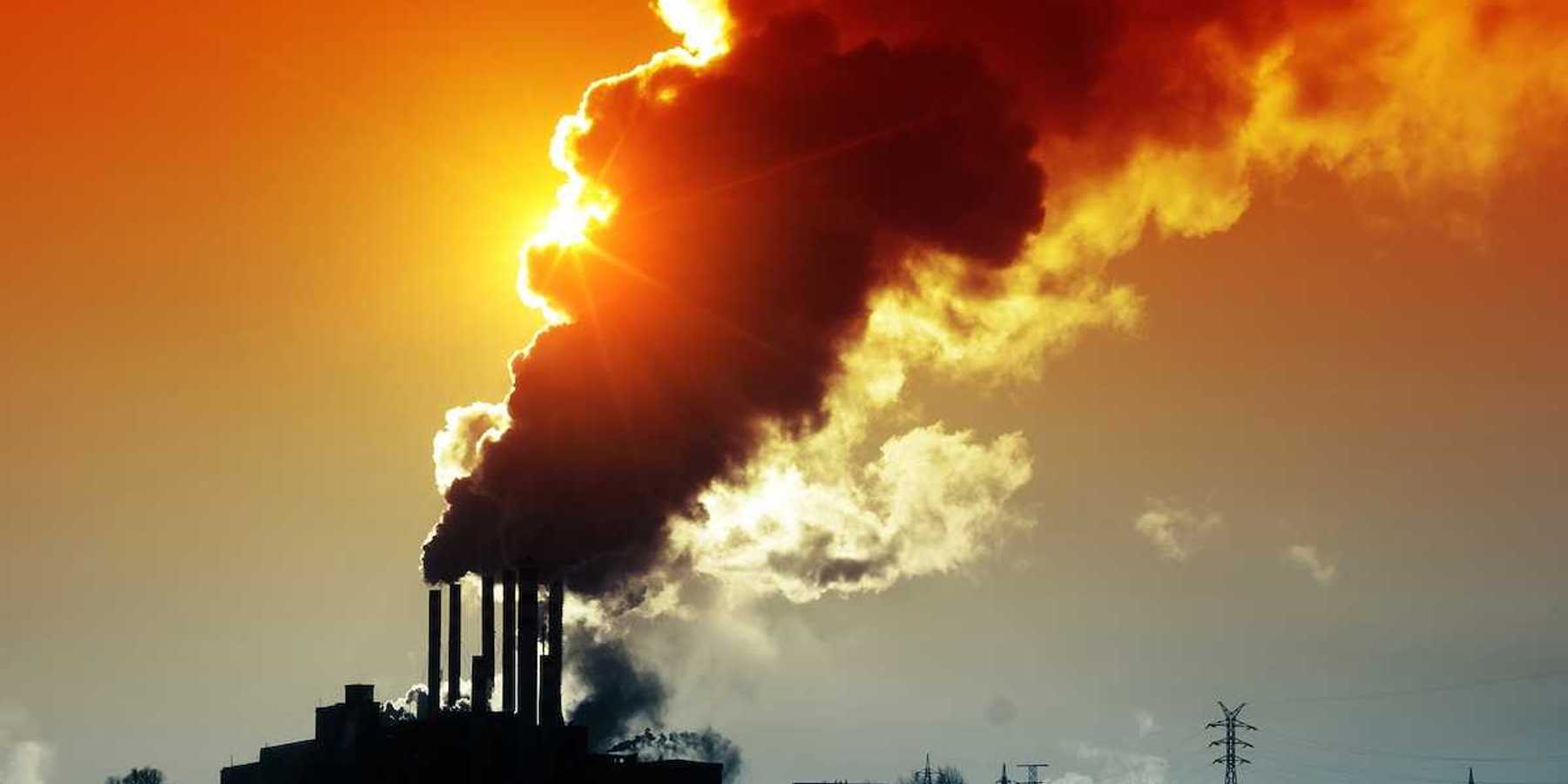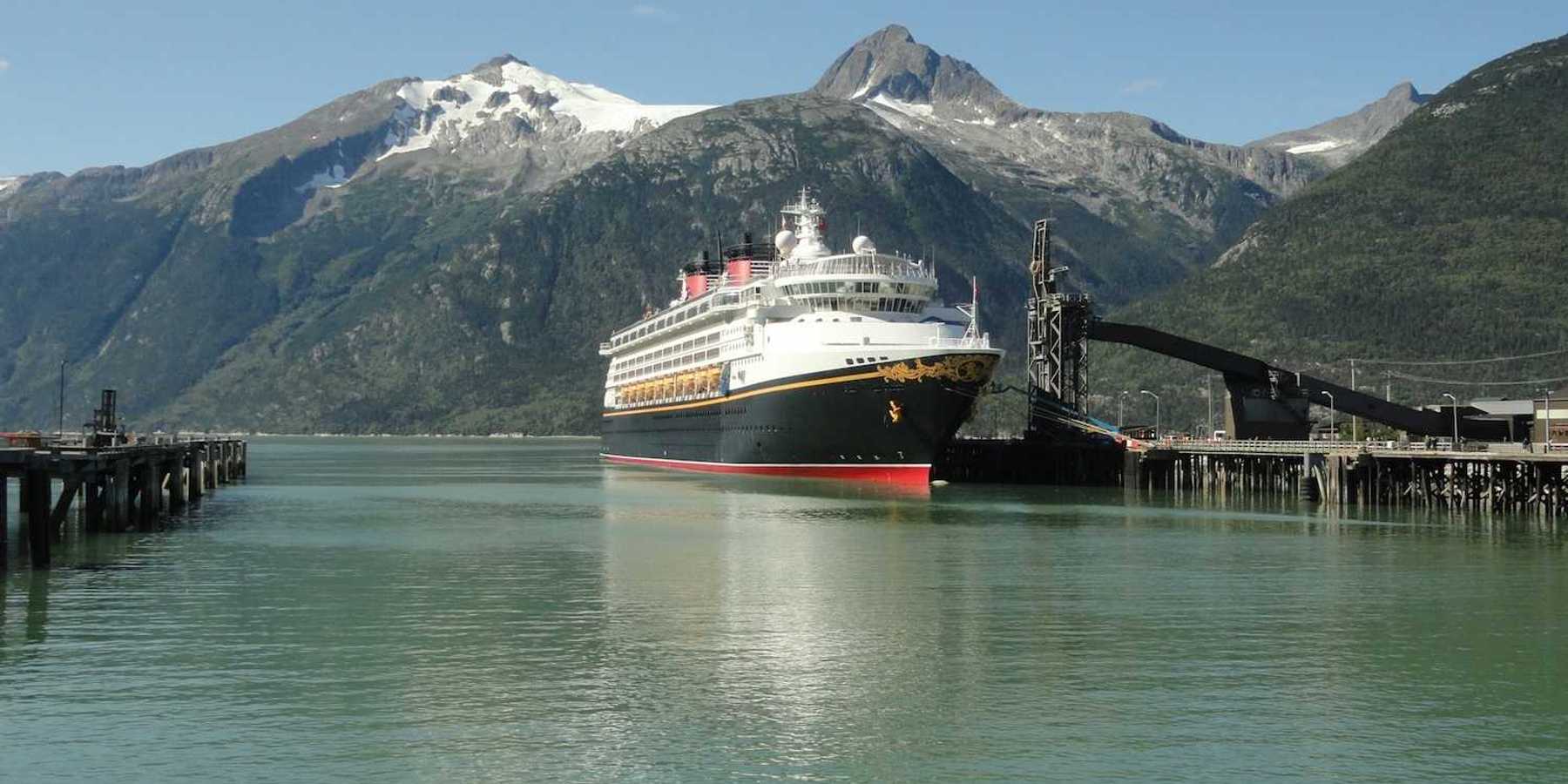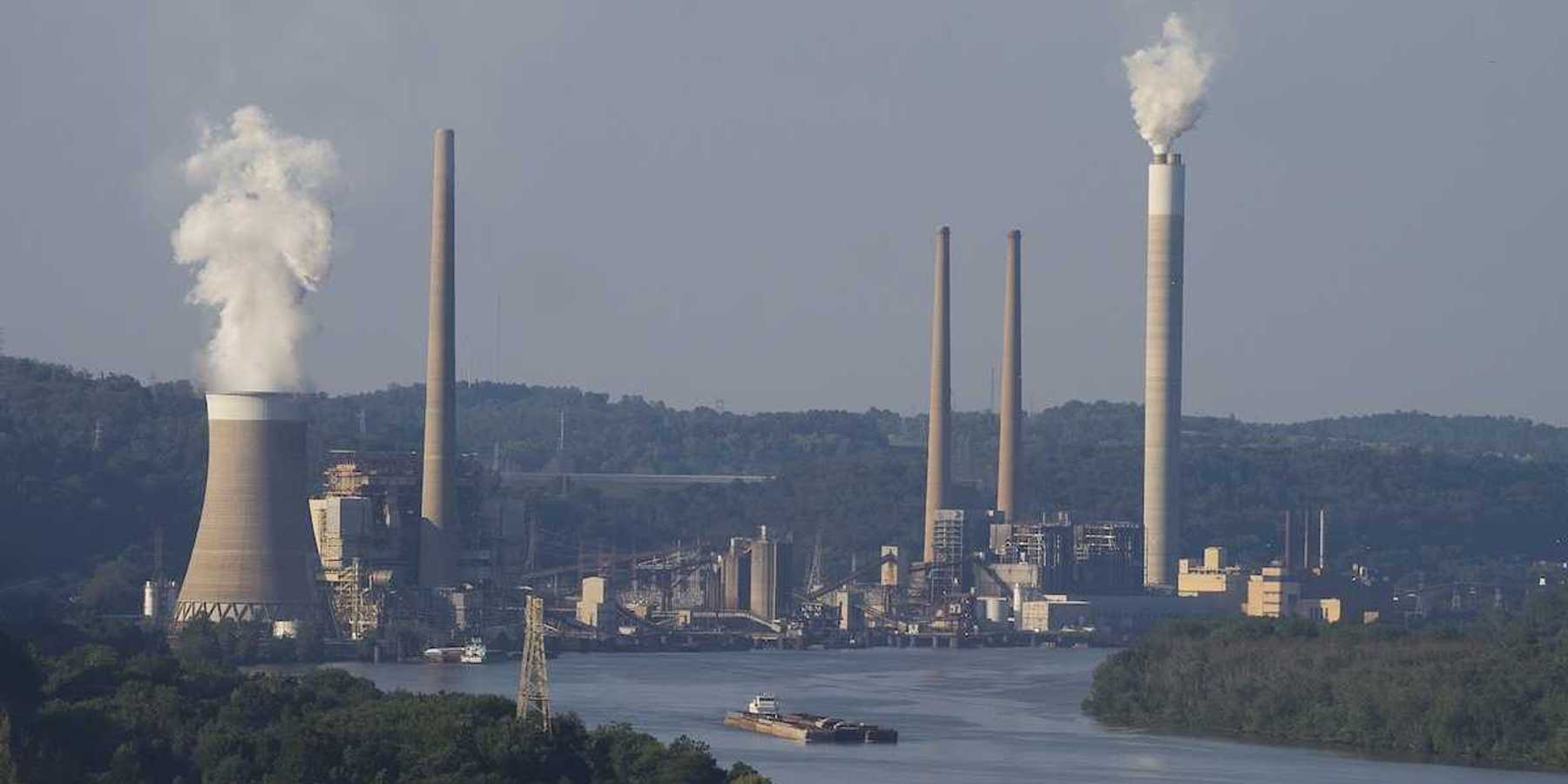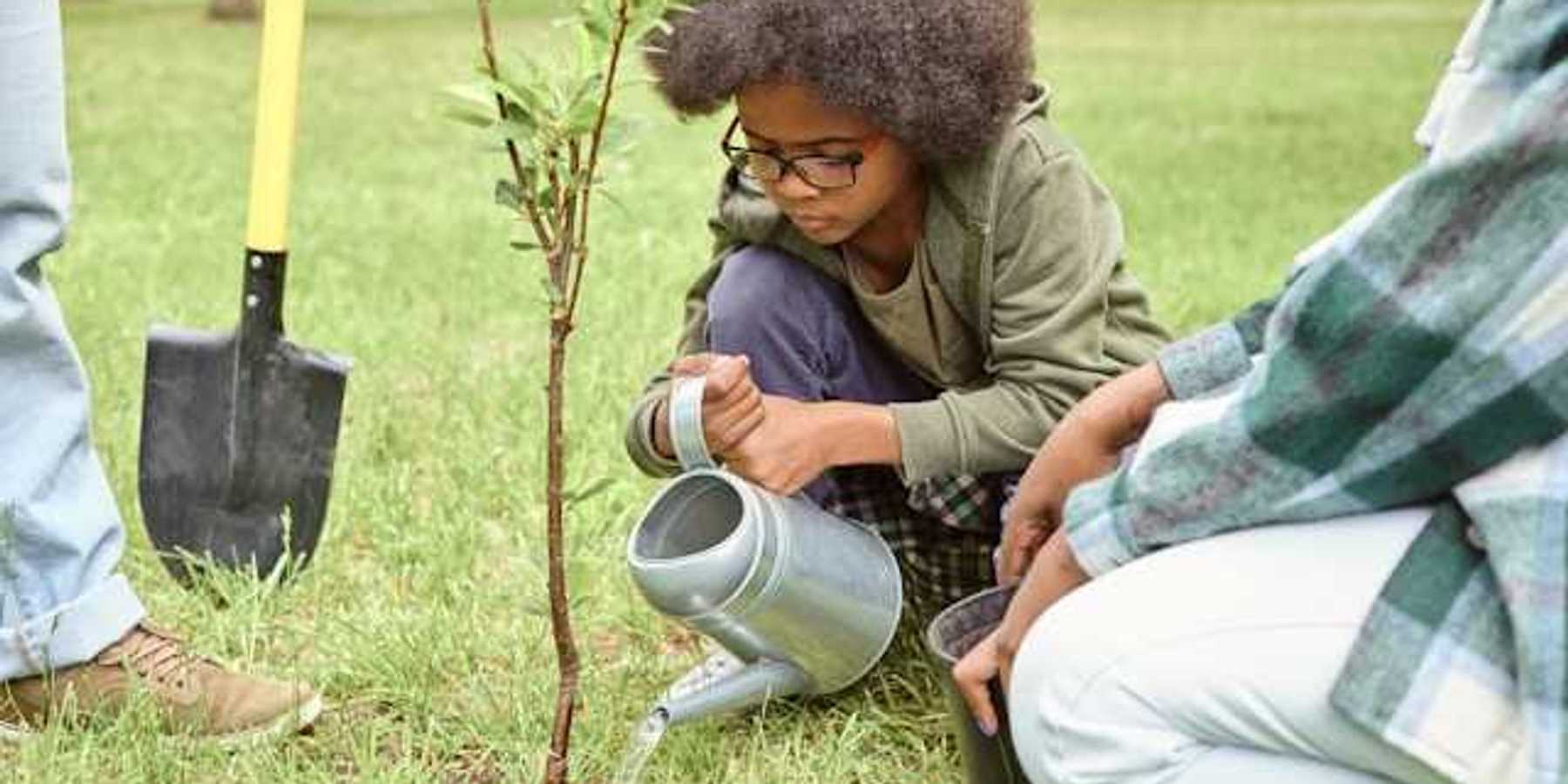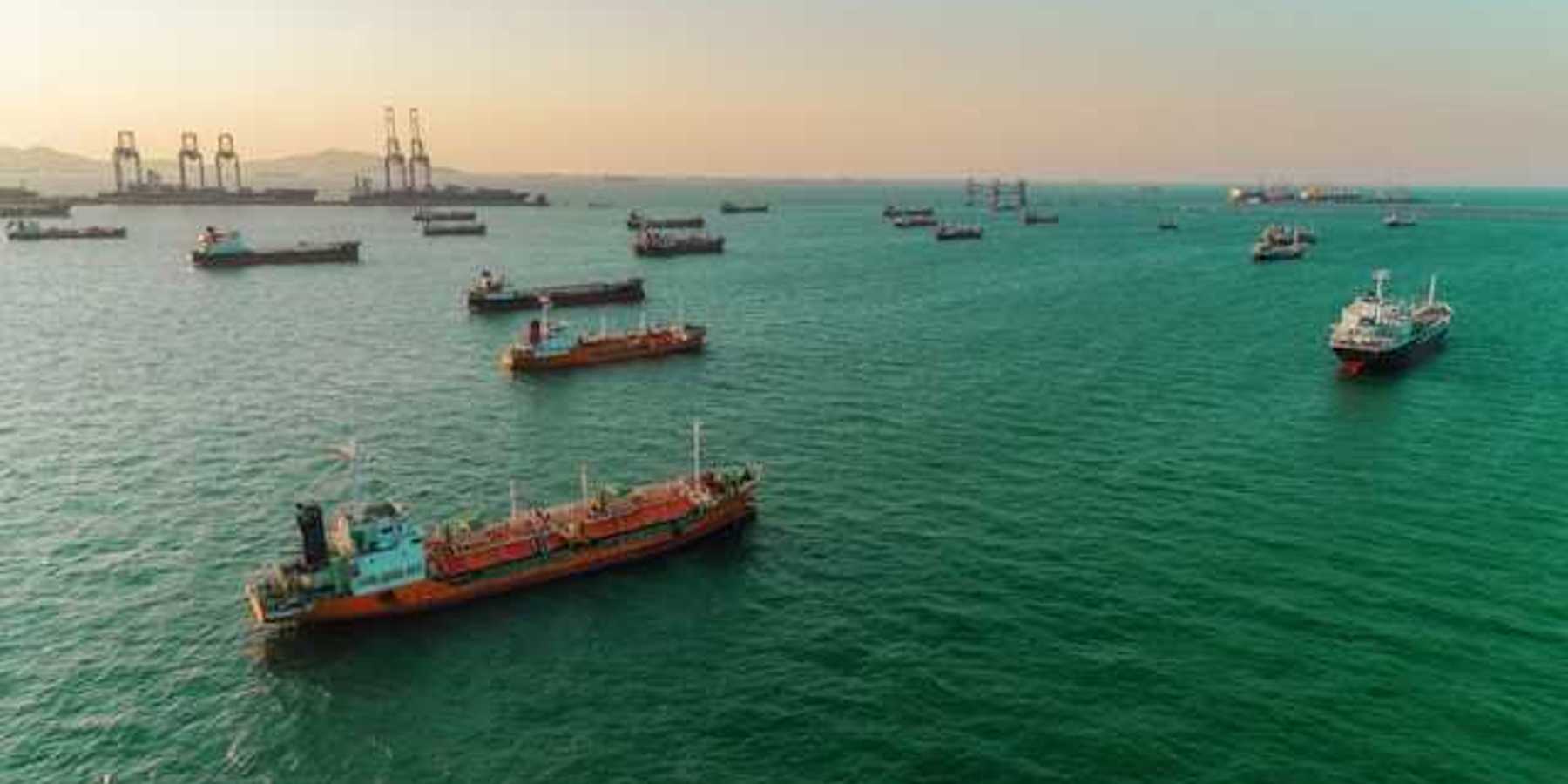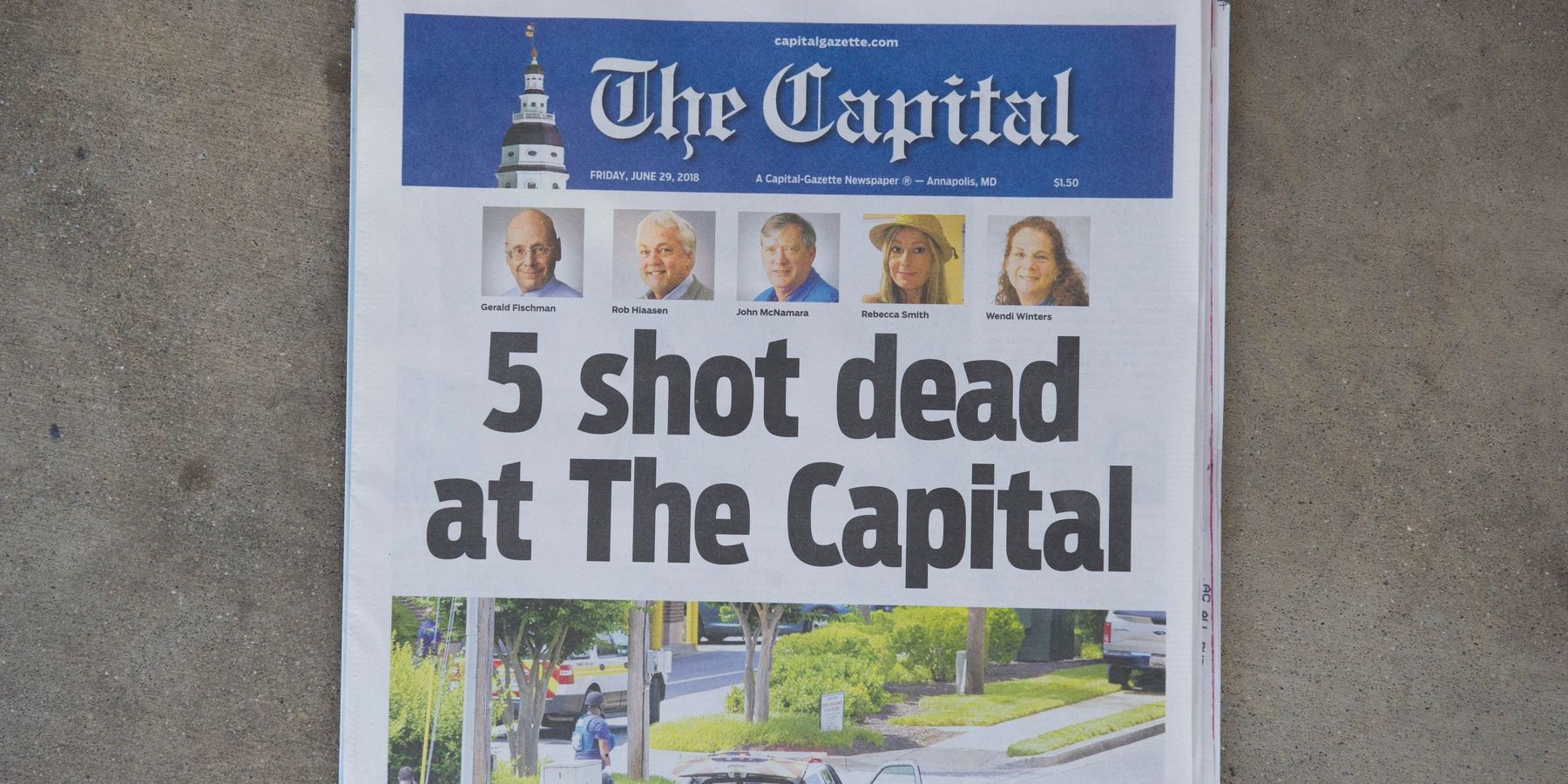
Weekend Reader: Shooting the messenger.
Before Trump and Hannity, there was Sophocles, Plutarch, and Shakespeare. Everybody loves shooting the messenger.
In the wake of yet another uniquely American tragedy in which five died in a mass shooting in Annapolis, Maryland, it's time to look at the hatred that is spewed at journalists from some dark corners of our society.
Of course, it's nothing new -- except for the part that the Most Powerful Man in the Free World, leader of the world's largest and, for now, most successful democracy, has cast journalism as "fake news" and its practitioners as enemies of the state.
But take a step back. When Trump spleen-tweets about the "failing New York Times" or his most ardent supporters snarl and flip the one-fingered Jersey Salute at the occupants of the press pen at a Presidential rally, consider looking at it a little bit differently.
At the very core of it, they don't hate newspeople. They hate the news.
"No man loves the messenger of ill," wrote Sophocles in Antigone, back in the 4th Century BC. Roughly five centuries later, Plutarch, he of the Failing Roman Empire, wrote "The first messenger that gave notice of Lucullus's coming was so far from pleasing Tigranes that he had his head cut off for his pains."
And fifteen centuries after that, William Shakespeare had Cleopatra offering to make a rich man out of the messenger who brings the news that her beloved Marc Antony is still alive. But then moments later, she offers to remove the man's eyeballs on the news that Antony has married Octavia. (A note of thanks to the ancient scrolls of the World Wide Web for this historical perspective.)
Journalists are targets and always will be -- not for who they are, but for what they say. This is no consolation for grieving families and colleagues at the Capital Gazette, or for the much larger toll of journalists who are killed internationally. The Committee to Protect Journalists monitors such things, and they've tracked 28 journalist deaths worldwide at the midway point of 2018. Last year, 262 journalists were imprisoned. The five deaths in Annapolis put the U.S. in third place for the year, behind only Afghanistan and Syria.
Jarrod Ramos, the suspect in the Maryland massacre, had a longstanding grudge against the Capital Gazette and its staff. His troubles with the paper substantially pre-date President Trump's labelling of the press as enemies of the state. In a condolence statement for the Gazette victims and their families, Trump said "Journalists, like all Americans, should be free from the fear of being violently attacked while doing their jobs."
It's a noble statement, but it's one that would more easily be realized if the President didn't channel hatred toward those same journalists. In a 2017 rally, Trump lumped all journalists into the category of "sick people." And his strongest supporters routinely stop by the press "pen" at his rallies to rain invective on the working reporters and photographers. Trump's EPA has been a pioneer in adversarial behavior with its press corps, famously shoving a reporter out of a public event in May.
At some point, Jarrod Ramos turned the corner from obsessive enmity toward the Capital Gazette to mass murder of its staff. There's no way to know whether the Trump Administration's unprecedented and obvious hatred of a free press was a factor. But the paranoia and secrecy (Remember the tax returns? They're still at large), combined with Trump's dog-whistle Hate-the-Press suggestions make the noble trade of keeping the public informed a more dangerous one.
Trump can still count on a sycophantic segment of the press to deliver his message to a gullible base. Not unconnected to the Trump-press discontinuum, former Fox News co-President Bill Shine took a job this week as the new White House Communications Director. If you're in bed with the guy, Bill, you might as well make it official.
Top Weekend News
A Federal jury awarded $25 million to a rural North Carolina couple who sued Smithfield Foods for the odors and pollution from a neighboring hog mega-farm. (Wall Street Journal)
Federal officials say a waterless catastrophe in the Southwest is becoming more likely. (Arizona Daily Star).
Lost in the uproar at the border: How prolonged drought and other symptoms of climate change are contributing to the exodus from Central America to the U.S. (PRI's Living One Earth)
Opinion Pieces and Editorials
Christine Todd Whitman, GW Bush's EPA Boss, says the oil industry is attempting to undermine EV's with disinformation. (CNBC)
Michael E. Mann, Thomas C. Peterson, and Susan Joy Hassol on what we know -- and what we don't -- on the link between climate change and hurricanes. (Scientific American)
This Week in Trump
A 2014 Heartland Institute document is being revived. It calls for abolishing EPA in favor of a 50-state commission. (Nexus Media)
Alexandria Ocasio-Cortez, who shocked a powerful Democratic incumbent in Tuesday's Congressional primary, arguably has the most interesting energy platform of any candidate in the 2016 elections. (Quartz)
At first, EPA's ethics officer defended Scott Pruitt. Not any more. (New York Times)
Podcasts of Note
EHN/Daily Climate's Peter Dykstra and Living On Earth host Steve Curwood on a first for invasive species, and an apparent EPA coverup effort.

